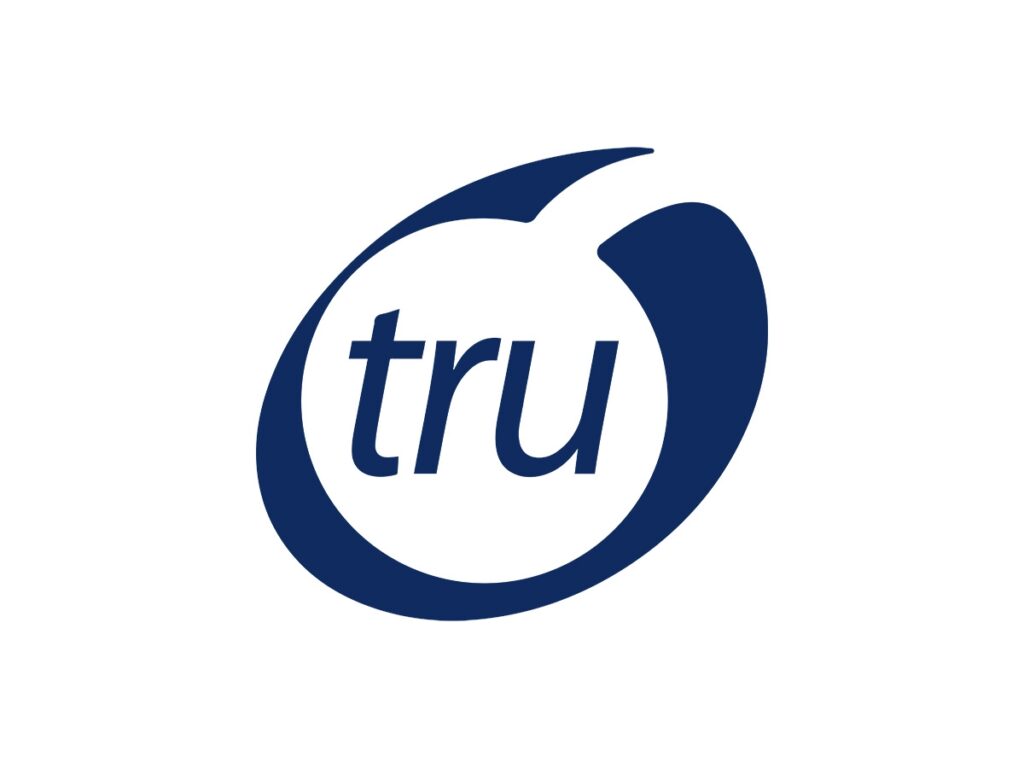This Women's History Month, TRU Staffing Partners is celebrating the remarkable contributions of pioneering women in the fields of data privacy, e-discovery, and cybersecurity. These pioneers continue to shape the landscape and inspire others to become experts in their chosen fields. A great side note is how many talented women we had to choose for this position, and we look forward to seeing that number grow each year.
We salute influential women in data privacy
These women are breaking down barriers, advancing research, and paving the way for a more privacy-friendly world.
Cynthia Dwark:
Dwork is the brilliant brain behind differential privacy, a statistical concept that ensures individual privacy while analyzing aggregate data. Large companies like Microsoft, small independent libraries, and the U.S. government use differential privacy techniques to calculate summary statistics from sensitive user data. Dwork is currently delving into the study of fairness and bias in machine learning.
dorothy denning:
Denning's research has contributed to the discovery of vulnerabilities in statistical databases. Her research on cryptography and information warfare is important in the development of technologies to protect data privacy and secure electronic information. Without her contribution, many of these vulnerabilities may have remained undiscovered. Her research continues to shape the field of data privacy and security.
Helen Nissenbaum:
Nissenbaum is known for his work on context integrity, which emphasizes that privacy norms depend on the context in which data is shared. Her book “Privacy in Context'' is a seminal work in this field.
latanya sweeney:
Sweeney has developed groundbreaking research that reveals the privacy risks of re-identification through link attacks. She demonstrated how background information can be linked to poorly anonymized datasets and lead to re-identification of individuals. Sweeney's research raised the issue of privacy protection in datasets.
Katrina Liggett:
He has made significant contributions to privacy protection algorithms and mechanisms. Her research spans topics such as privacy in machine learning, algorithmic fairness, and data anonymization.
The eDiscovery industry has been improved by these women leaders
Many notable women have made significant contributions to the field of eDiscovery.
Laura Zubrake:
Mr. Zubulake is a leading figure in the field of e-discovery, primarily known for his role in the landmark case Zubulake v. UBS Warburg. This case had a significant impact on the development of electronic discovery rules in the United States, particularly with regard to parties' obligations to preserve electronic evidence and the allocation of costs for producing such evidence. Her case, which lasted from 2003 to 2005, led to a series of opinions from Judge Shira Scheindlin, often referred to as the Zublake decisions. These decisions influenced the way electronic documents were managed and produced in legal proceedings, making Judges Zubrake and Scheindlin pivotal figures in the evolution of e-discovery practice.
Radia Perlman:
Perlman is known as the “Mother of the Internet.” She invented the Spanning Tree Protocol (STP), which is crucial to the operation of network she bridges. This allowed the early Internet to manage large amounts of information without collapsing under traffic overload. Her work indirectly influenced the field of e-discovery by laying the foundation for the development of modern data networking and enabling more robust and scalable networks.
jennifer granik:
Mr. Granik has played a key role in shaping the legal framework regarding electronic surveillance, cybersecurity law, and privacy rights. Her research on the legal aspects of internet freedom and digital rights has influenced policy and practice related to e-discovery, particularly with regard to balancing the needs of law enforcement and the privacy rights of individuals.
Lana Shell, Shauna Hoffman, Margaret Havinga:
Ms. Schell, Ms. Hoffman, and Ms. Havinga are co-founders of Women in eDiscovery (WiE), a nonprofit organization that provides education, career support, and personal growth opportunities to female members of the legal industry. The organization includes attorneys, litigation support professionals, paralegals, legal IT, court reporters, consultants, recruiters, and vendors who mentor and support each other to gain professional experience. .
Cybersecurity is thanks to these female professionals
These women paved the way for other women and proved that sex is no barrier to excellence in cybersecurity.
Shafi Goldwasser:
Goldwasser is a pioneer in the field of cryptography. Mr. Goldwasser's work has helped shape the modern landscape of secure online communications. Her contributions to zero-knowledge proofs and secure multiparty computing will have significant implications for data privacy and cybersecurity, allowing sensitive information to be shared and verified without being exposed.
joan clarke:
Clark was a British mathematician and code breaker during World War II. Clark worked at Bletchley Park where he played a pivotal role in breaking German codes. She helped develop Alan Turing's bomb technology and deciphered the Nazis' complex messages.
Ada Loveless:
Loveless was an assistant to 19th century inventor Charles Babbage. Although Lovelace had no formal training in computer science, he created a program that he considers one of the first computer programs ever.
You can do it too!
As illustrated in the stories above, women should consider joining the data privacy, e-discovery, and cybersecurity industry for many compelling reasons.
- Diverse perspectives: Women bring unique perspectives and experiences. In fields where creativity and critical thinking are essential, diverse perspectives enhance problem-solving and innovation. By participating, women contribute fresh ideas and approaches to protecting data.
- Bridging the gap: The entire technology industry, including these three sub-industries, has historically been dominated by men. Active involvement of women can help close this gap and promote equality and representation. Encouraging more women to participate ensures a balanced workforce and fosters an inclusive environment.
- Skills development: Women can strengthen their expertise in areas such as data protection law, cybersecurity regulation, risk assessment, and stakeholder communication.
- Empowering others: By participating in these industries, women become role models for future generations. Their success inspires young girls to pursue their STEM fields and reinforces the message that anyone can excel in a technology career.
Women's participation in these industries is essential for progress, equality and a safer digital world.


